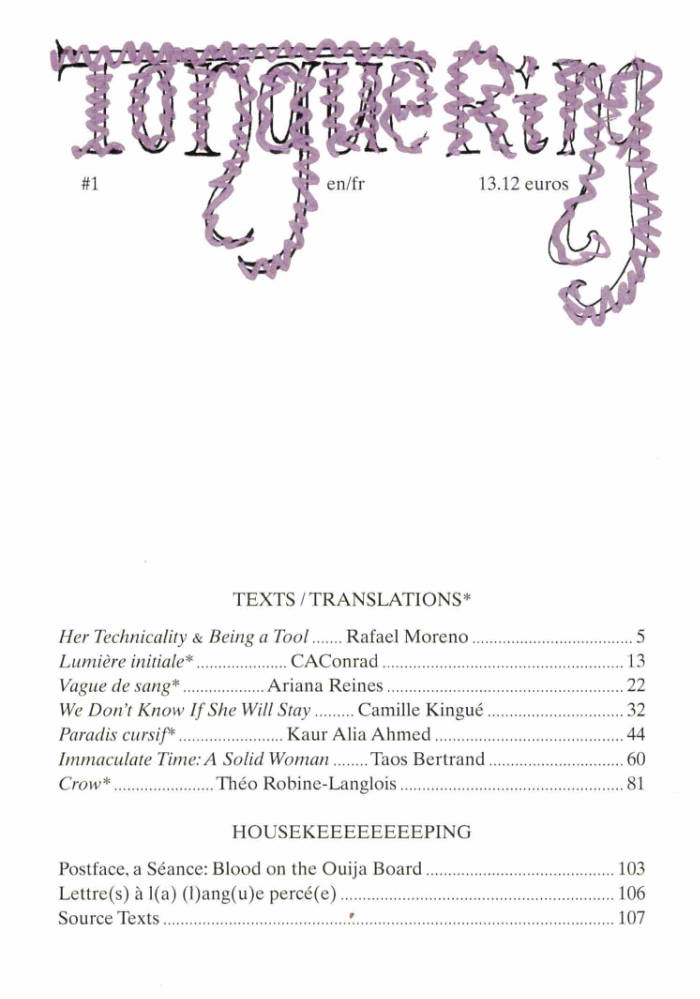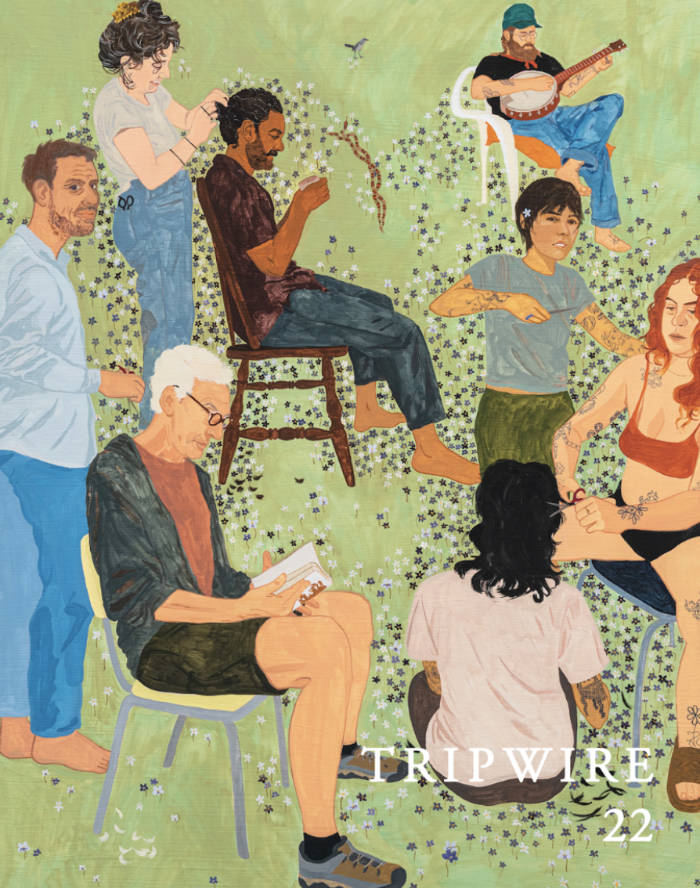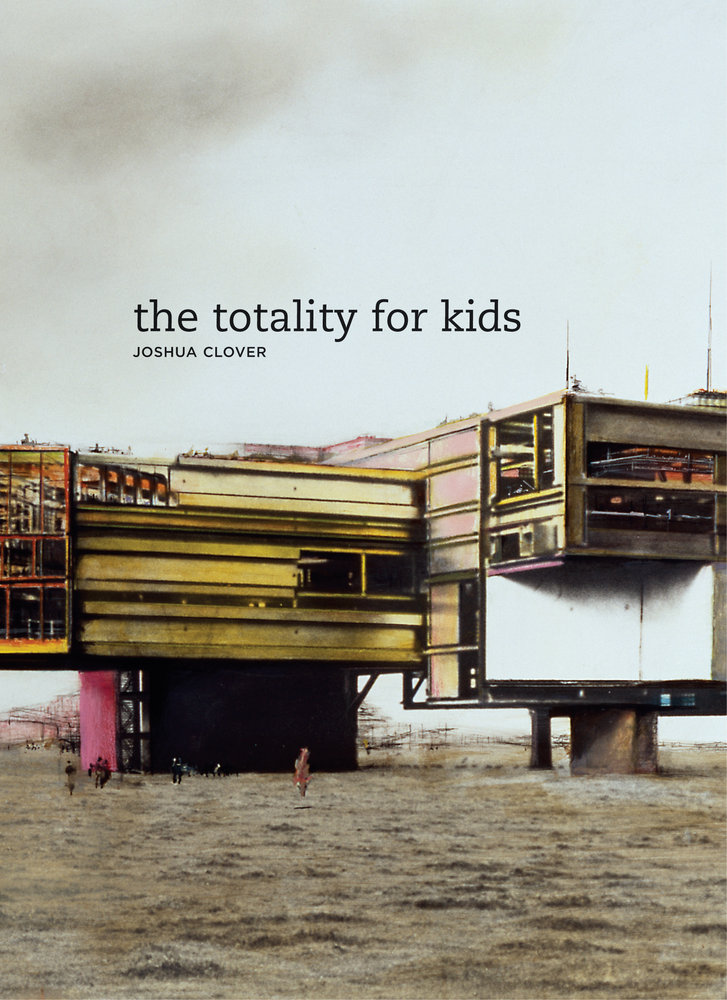
Telephone
"There are phone lines to the living and others for calling the dead. TELEPHONE by Ariana Reines is a network for riveting acts of speech, and silence, and listening. I saw the play and never forgot it. The audience was lit like a switchboard by its storms of courage and mystical love."—Rachel Kushner
"TELEPHONE is an uncanny parcel of theater in which the wishes of humans to speak with the dead meet the limits or the aspirations of technology. A woman wrapped in language is deemed insane and the lonely pastness of our present walks around calling for itself. TELEPHONE is a whild and visionary piece of art that announced to me a poet who is always tearing the future open like a trapped animal—their eyes reflect us. Don't look! We mus. Bless you and love you Ariana for this great work."—Eileen Myles
"I have been WAITING FOR THIS BOOK! When I saw it in the theater every word motion fell into magic stride utterly taxing the soul with its accuracy and mystery. The next night I was at the box office with a different friend and needed to return to my job is the only thing that kept me from the theater a third night. Examine for yourself the bewitching and sometimes misshapen communicative powers of life with the poetry goddess of the stage, Ariana Reines!— CA Conrad
"TELEPHONE, the inspired and utterly original new tone poem of a play, probes feelings with the sensitivity and detachment of a heart surgeon."—Ben Brantley, The New York Times







